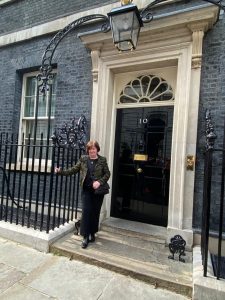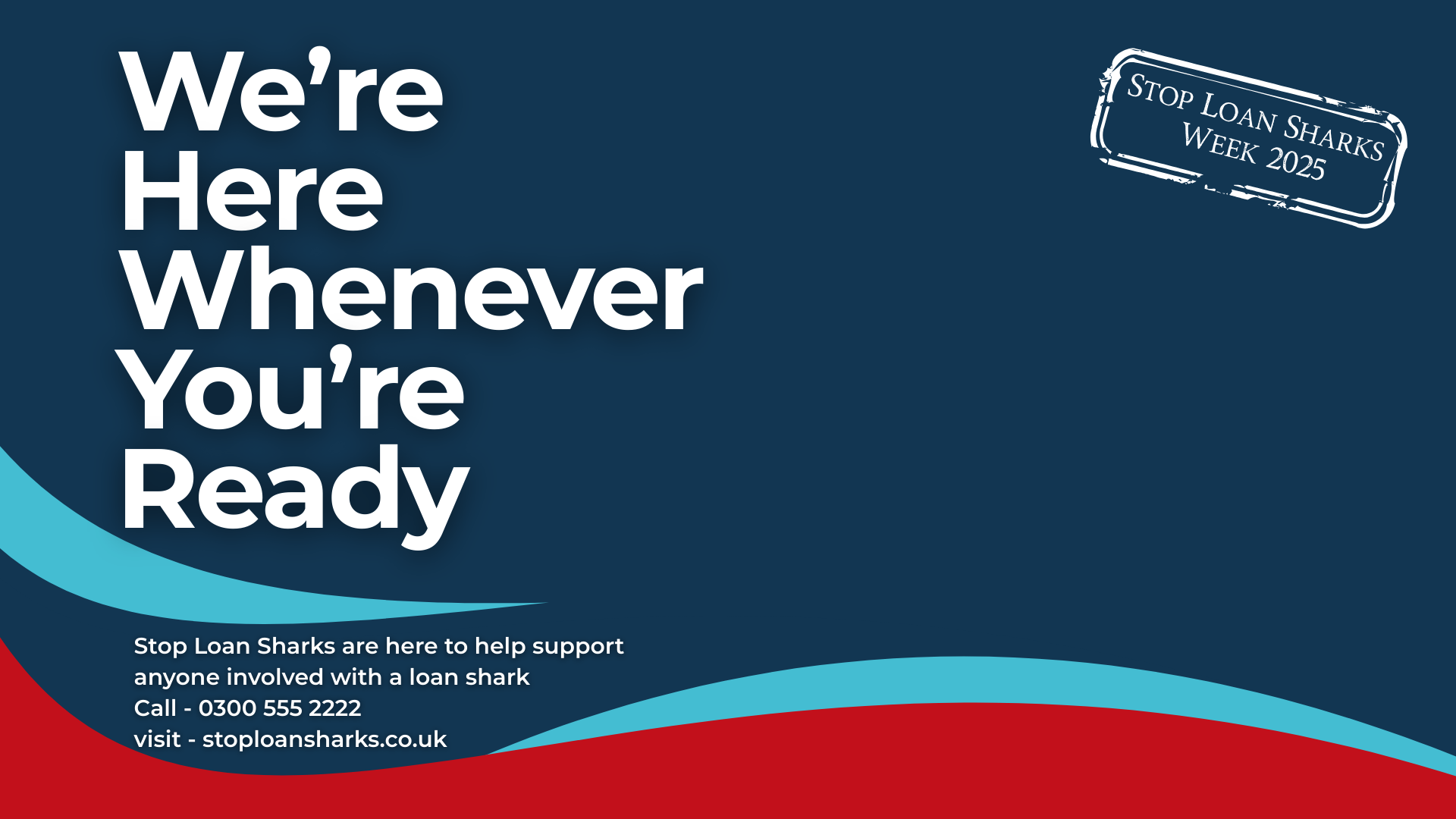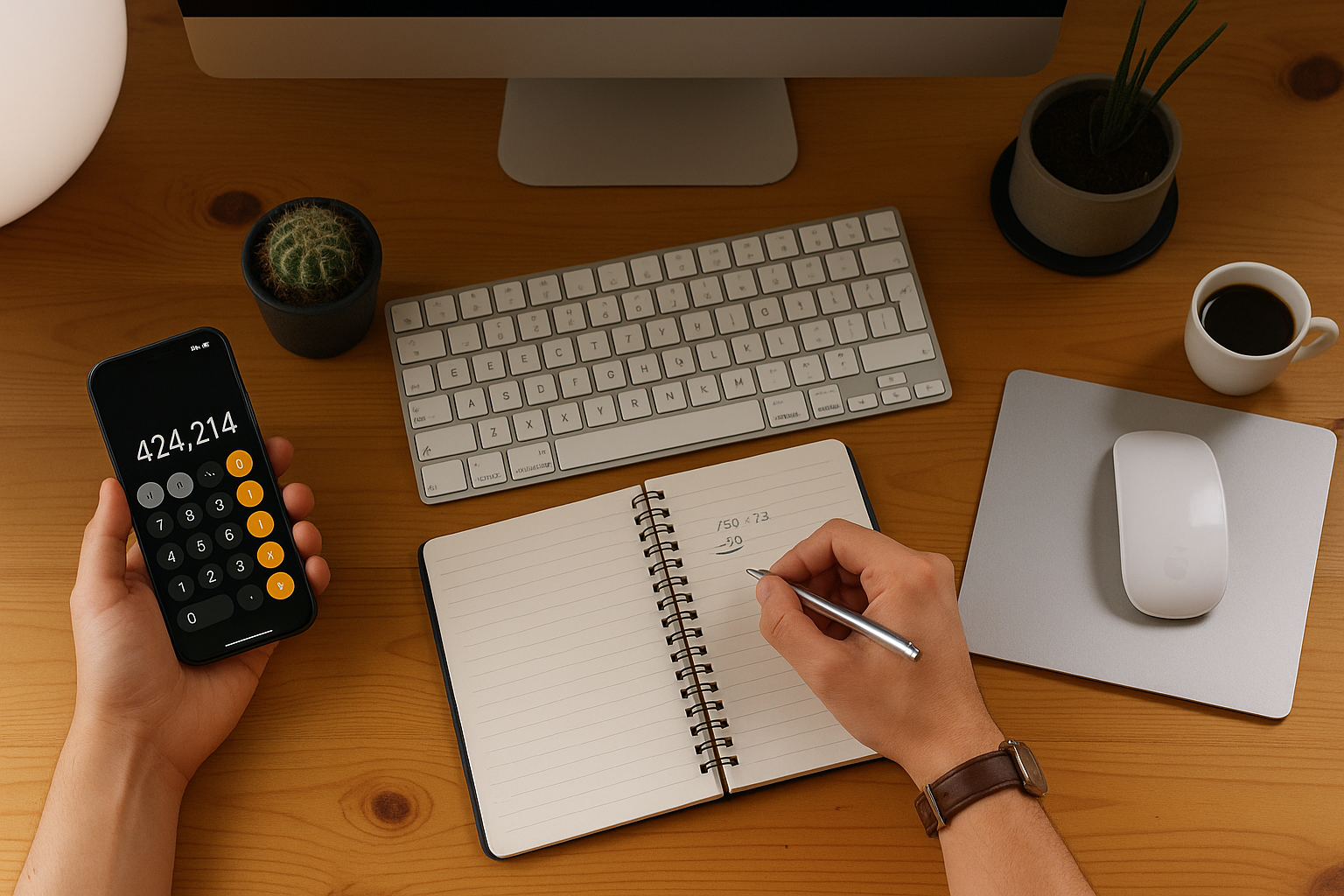There is always more to learn about managing your money better and surprisingly it has nothing to do with getting more money. If you can start to manage the money you already have, you will find that when you do increase your income – either by adding income or reducing spending, you’ll find you become better overall at managing money.
Here’s the answers to the top 5 most frequently asked questions about money.
Q1. Is there such a thing as good debt?
Yes! Debt just means as sum of money that is owed or due. Managing your money well means balancing the saving and borrowing. It doesn’t mean you shouldn’t borrow at all. Good debt is owing money but being able to make the payments comfortably and not borrowing more than you can afford to pay. If you do borrow beyond your means debt can become ‘bad’ where you are struggling to make payments or fall behind, which can affect your credit score and ability to borrow in the future.
Q2. How much money should I save for an emergency pot/fund?
As a general rule it is ideal to save 10% of your income. For many people this simply isn’t possible because of the amount of money going out. It is a good guide to work towards. You could put half, so 5% into a more longer term savings pot and half, 5% into an emergency and more short term savings pot. That isn’t to say that you are always going to be dipping into your emergency savings, but at least if something does crop up – like your washing machine going on the blink or the car breaking down, you will have some money put aside to use when and if you need it.
If you can just save £10 a month, simply split that money in the same way described above. The most important thing is to actually start saving for a rainy day or emergency pot.
Q3. What is a budget and do I need one?
A budget is a basic understanding of the money you have coming in and the money you have going out. This not only gives you a clear picture of that but allows you to see how much you have left over and to include your saving amounts in the budget too.
The best way to start a budget is to write it down. There are lots of tools to help you, like this one on the Money Advice Service website, or just write down to columns. One with your income, one with your outgoings and deduct/minus the outgoings from income.
Q4. What does APR mean?
APR which you will see against savings and loans products means Annual Percentage Rate. It is the interest rate you will pay or earn on the savings or loan balance. A good example of APR is when you see credit cards. So for example, a 19.8% APR means that you will accrue that percentage of interest on your credit card. This is broken down each month and why it becomes incredibly difficult to pay off a credit card bill if you only make the minimum monthly repayments.
Q5. What is a credit score?
A credit score is the number rating (anywhere 0-1000) that organisations use to make lending decisions. Most commonly in the UK Experian is used to check the credit rating of a consumer and whenever you borrow money a credit check takes place to find out your overall credit score.
The credit score is worked out using a lot of different factors – for example, what your existing borrowing and debt is, whether you make payments on time, the number of cards and loans you have, any ‘bad debt’ or County Court Judgements, financial links to other people (ex partner etc). It also factors in what credit you have available, or unused credit.
Your credit score affects any type of borrowing from a car to buying a home, so it’s really important to keep the score as high as you can. There are ways you can work on improving your credit score too. It is a good idea to access your credit report regularly (once or twice a year and more if you need help with improving it) which you can do online at Experian, or check out the Money Saving Expert guide to checking your credit score.
Want a friendly face to talk to about money?
Every Thursday Helen is available in our head office branch at St. Nicholas Place, Leicester City Centre, from 10 am to 1:30 pm giving real life budgeting tips.
Helen can show you how to set up a monthly budget and help you to look at where you might be over spending. Helen can also signpost you to agencies and local free advice for debt solutions.
Contact us on tel: 0116 2423900 or email: enquiries@clockwise.coop to book an appointment with Helen.enquiries@clockwise.coop








